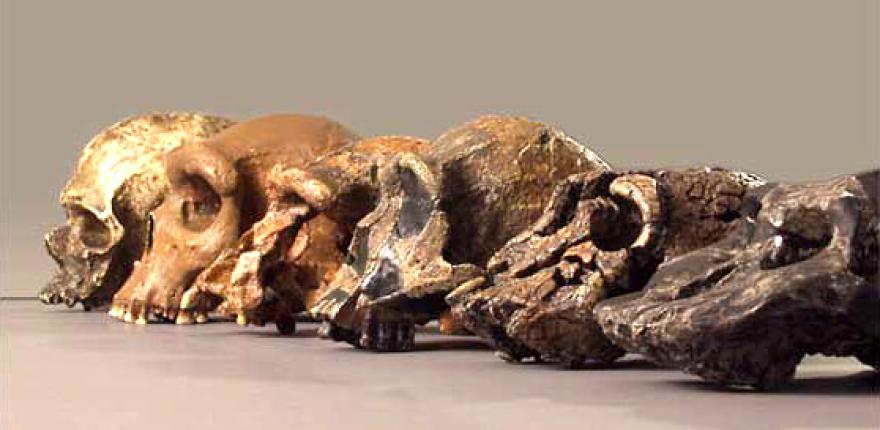The Duckworth Collections is home to biological anthropology collections. The collection houses archaeological and anatomical human remains, non-human primate remains, fossil casts, blood, brain and hair collections, anatomical models and instruments, and an archive that are widely used for teaching and research.
The Duckworth Collections was established in 1945 and named after Dr Wynfrid L.H. Duckworth, who amalgamated the University of Cambridge’s collections of human remains and actively acquired new materials. The human remains that form the Duckworth Collections collection today were originally part of different University holdings – of the Faculty of Archaeology & Anthropology, the Museum of Zoology, as well as the Anatomical Collections. Thus, the formation of the Collection spans a long period of time - some of the human remains were acquired as early as the mid-19th Century. The collection continues to add to its holdings of human remains, mainly as a result of commercial excavations and private donations.
Human remains represent an important element in the study of humans and their societies: the study of human remains provides unique and invaluable information on human evolution and history, human biological diversity, the history of disease, as well as cultural differences in relation to the body, death, burial and belief systems. It is recognised, however, that research conducted using human remains is of a sensitive nature and linked to past scientific exploitation and colonial practices of collecting and discrepancies in power.
The Duckworth Collections follows the Guidance for the Care of Human Remains in Museums from the Department of Culture, Media and Sport (DCMS) published in October 2005, which sets out a series of recommendations on best practice regarding human remains in museum and university collections in the UK, and complements the provisions of the Human Tissue Act 2004 on the care of human remains older than 100 years. The Duckworth Collections is also guided by the Code of Ethics and Code of Practice of the British Association of Biological Anthropology and Osteoarchaeology (BABAO), as well as the United Nations Declaration on the Rights of Indigenous Peoples adopted in 2007.




